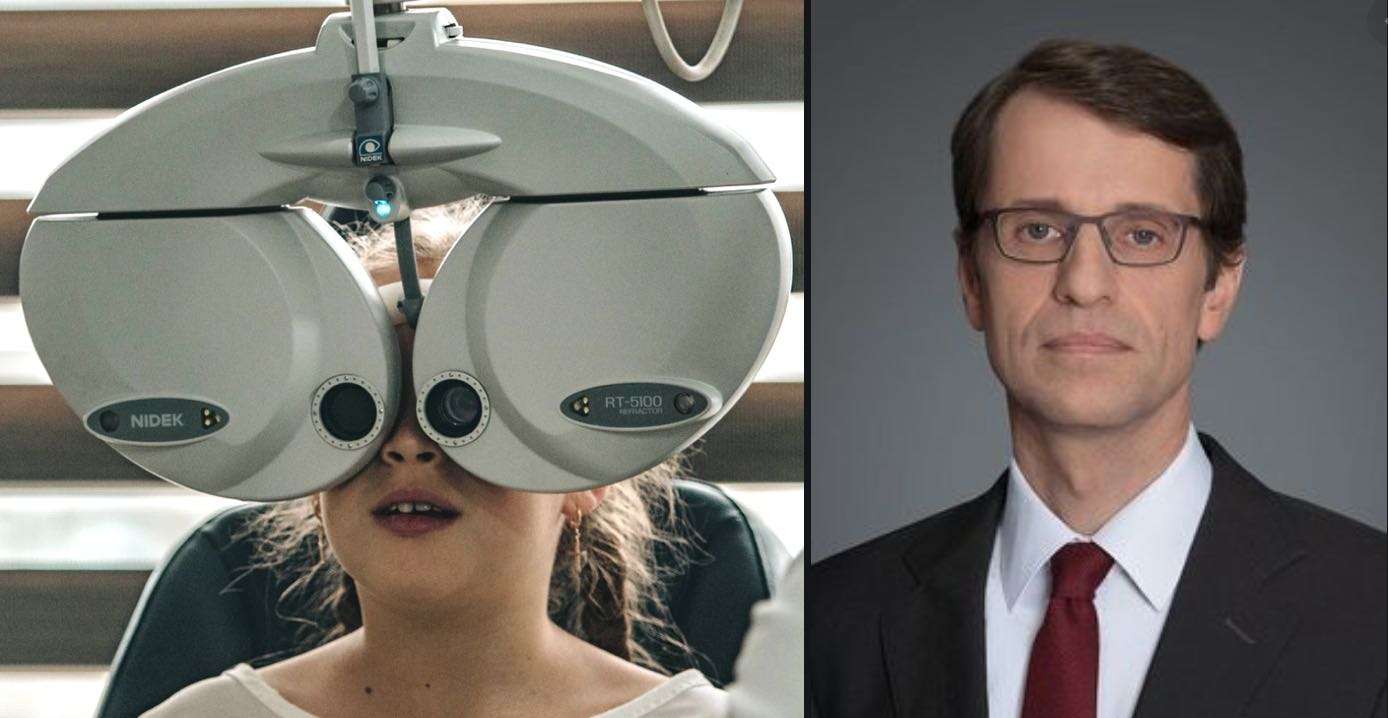New Enzyme Discovery is Another Leap Towards Dissolving Plastic Waste With 'Amazing Efficiency'
Scientists who helped pioneer the use of enzymes to eat plastic discover another important step in this nature-based solutions to to plastic.

This year's Kí¶rber Prize for European Science has gone to a Hungarian scientist whose revolutionary gene-editing treatment could cure a type of blindness that affects around one in 4,000 children.
Cell biologist Botond Roska's work against a kind of degenerative eye disease is currently going through clinical trials.
Roska received the prestigious award of â¬1 million last week for his pioneering work on the human retina that has placed him among the world leaders in the study of ophthalmology-work that included the presumably painstaking effort of identifying over 100 different retina cell types and their complex interrelations.
To that end, he has discovered a possible cure for retinitis pigmentosa, a group of rare genetic disorders that causes mutations in the genes that code for proteins needed to make human photoreceptors-the cell which identifies light and allows us to see.
Unlike other forms of visual degenerations that correlate with age, retinitis pigmentosa often starts in childhood, and can lead to blindness.
Cell biologist Botond Roska's work against a kind of degenerative eye disease is currently going through clinical trials.
Roska received the prestigious award of â¬1 million last week for his pioneering work on the human retina that has placed him among the world leaders in the study of ophthalmology-work that included the presumably painstaking effort of identifying over 100 different retina cell types and their complex interrelations.
To that end, he has discovered a possible cure for retinitis pigmentosa, a group of rare genetic disorders that causes mutations in the genes that code for proteins needed to make human photoreceptors-the cell which identifies light and allows us to see.
Unlike other forms of visual degenerations that correlate with age, retinitis pigmentosa often starts in childhood, and can lead to blindness.
While rare, it is one of the most common causes of degenerative blindness.
Roska's work on novel gene therapies, which he carries out in the University of Basel, Switzerland, involves the reprogramming of retina cells into photoreceptors, thereby taking over from the damaged ones and restoring light and color in blind retinas.
The Kí¶rber Prize is given every year to a single European in the disciplines of life sciences and physical sciences.
This is the fifth major recognition the scientist from Budapest has won since he abandoned the cello and started studying medicine: Under his belt already is the Louis-Jeantet Prize for Medicine for his discoveries about visual information processing, and the Hungarian Saint Stephen Order from President János íder, among other awards.
GIVE An Eyeful Of This Exciting Development On Social Media…
Be the first to comment